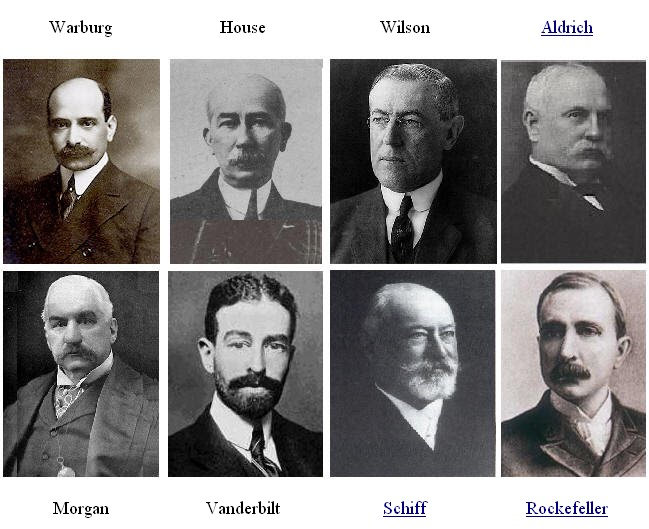With Hosni Mubarak long gone, a heavily Islamist parliament in place, and the military in uneasy command of the country, who speaks for the revolution?
BY LAUREN E. BOHN
On the first anniversary of Egypt's revolution, the Semiramis
InterContinental, a five-star luxury hotel overlooking Cairo's central Tahrir
Square, offered an espresso-stained postcard of the deep political and social
divides that have emerged since Hosni Mubarak's downfall.
As hundreds of thousands Egyptians converged on the square on Jan. 25, the
hotel's café became the locus for discordant symposiums among Egyptians of
diverse political and social backgrounds. Protesters, clad with stickers and
signs that urged Egyptians to press forward with the revolution, shuffled in for
a coffee (and, for some, an alcohol) break. In another part of the café,
Egyptian businessmen discussed the construction of new resort hotels on Egypt's
glimmering Red Sea with their colleagues from the Gulf. Still, others sought
refuge from what one 38-year-old Egyptian restaurant owner described as
"the never-ending noise of the revolution."










